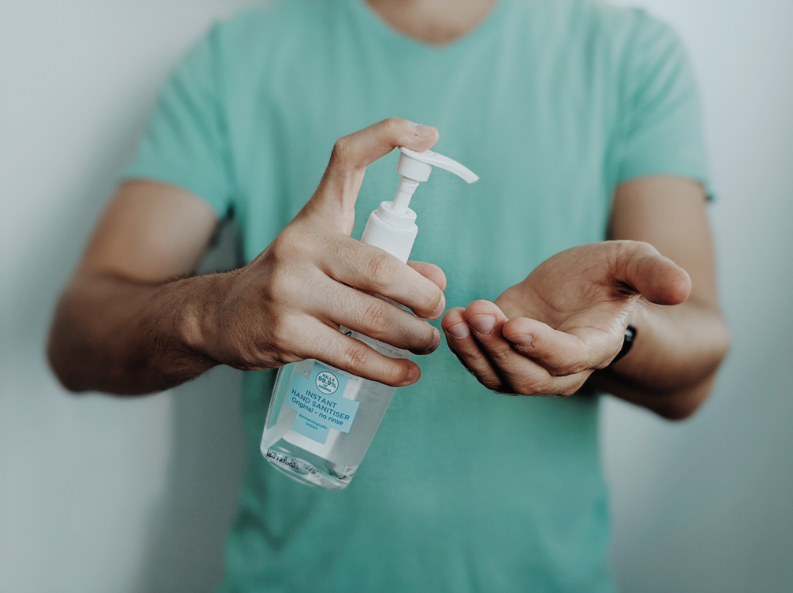Updated CDC recommendations and isolation guidelines on how to protect yourself, your community, and employees from respiratory viruses
The new recommendations released by the CDC on Friday, March 1, 2024, consider those most at risk and are fortunately also easier to follow. These recommendations provide a unified approach to all respiratory viruses, including COVID-19, RSV, and the flu. The CDC states that COVID-19 continues to be a threat, but is now less likely to cause severe illness due to greater immunity and improved prevention and treatment tools. This led them to update the isolation guidelines, which directly impact you and your employees. Please keep in mind these are only recommendations. That being said, the CDC has updated its prior guidance for a five-day isolation period for people testing positive for COVID-19.
CDC Director Dr. Mandy Cohen states “[…] we still must use the commonsense solutions we know work to protect ourselves and others from serious illness from respiratory viruses—this includes vaccination, treatment, and staying home when we get sick.”
CDC Prevention Recommendations
The 4 steps suggested to prevent respiratory viruses are easy to follow and will help you stay safe while practicing your day-to-day activities. They’ll also help you avoid unnecessary sick time off and stop the spread of germs.
- Expose yourself to cleaner air more often. This can be done by gathering outdoors more frequently and opening doors and/or windows to bring in more fresh outside air. When this isn’t possible, purifying indoor air is also an option.
- Consistently and intentionally practice preventative hygiene by cleaning frequently touched surfaces. If you don’t have a tissue, cover coughs and sneezes with your elbow, not your hands. Lastly, throw all used tissues in the trash right after use to avoid cross contamination.
- If you contract a respiratory virus, it’s very important to stay home and away from others to prevent spreading.
- The CDC still recommends staying up to date with applicable vaccines.
Following these simple steps may seem commonsense yet are critical to help prevent the spread of respiratory viruses.
CDC Isolation Period Recommendations
Here are the CDC recommendations after we contract a respiratory virus despite taking preventative measures, because life happens.
- The recommendations suggest we can now return to our normal activities 24 hours after a fever is gone without the need for fever reducing medications and showing overall improved symptoms.
- After resuming normal activities it’s recommended for the next 5 days to seek clean, fresh air, enhance preventative hygiene practices, wear a well-fitting mask, keep physical distance from others, and/or get tested for respiratory viruses.
We must be cognizant and take enhanced precautions to protect people at higher risk of severe illness from respiratory viruses: people with a weakened immune system, those over 65 years old, people with disabilities, women who are or were recently pregnant, and young children.
How We Can Help
Reach out to our experts in all things related to human resources at UniqueHR. With over 33 years of Professional Employer Organization (PEO) experience, UniqueHR’s skilled professionals also provide consultations around practical steps to maintain a healthy work environment. Contact us now to learn more at (361)852-6392 or visit our website at UniqueHR.com.


